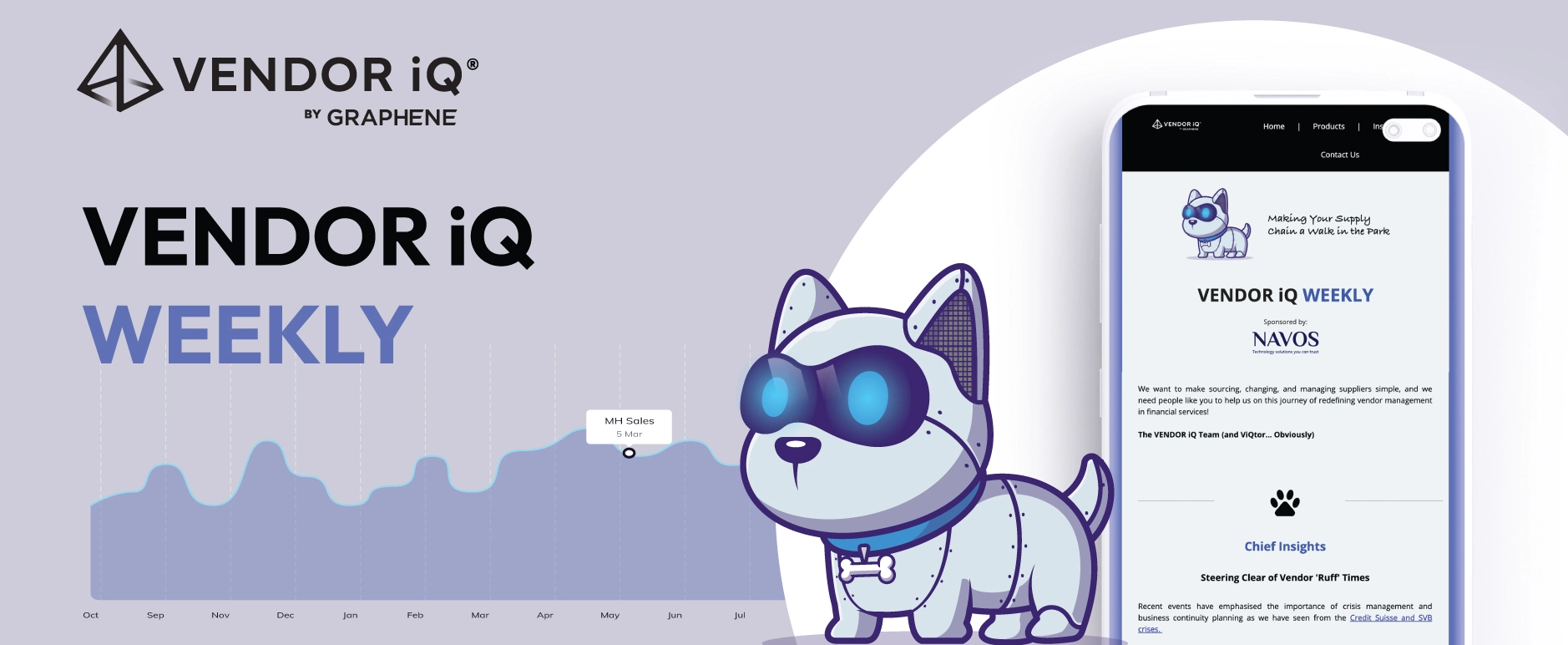Unlocking the Future with Data-Centric Solutions
In an era where data is the lifeblood of business operations, the term “data-centric solutions” has become synonymous with innovation, efficiency, and competitive advantage. For financial institutions, leveraging data-centric solutions is not just a strategic choice—it’s a necessity to thrive in today’s dynamic market environment.
What Are Data-Centric Solutions?
At their core, data-centric solutions refer to systems and processes that place data at the center of an organisation’s operations. Unlike traditional approaches that often treat data as a byproduct of business activities, data-centric models view data as a key asset that drives decision-making, optimises processes, and enhances overall business performance.
In the financial services sector, this means using data to inform every aspect of operations—from customer service and risk management to compliance and strategic planning.

The Importance of Data-Centric Solutions in Financial Services
The financial industry generates vast amounts of data daily. However, simply collecting data is not enough. The true value lies in how this data is utilised. Data-centric solutions enable financial institutions to:
Enhance Decision-Making:
- By providing real-time insights, data-centric solutions help financial leaders make informed decisions quickly. This reduces the reliance on intuition and allows for evidence-based strategies that are more likely to succeed.
Mitigate Risks:
- Data-centric approaches offer robust risk management tools by identifying potential risks before they materialise. For example, predictive analytics can foresee market fluctuations, enabling institutions to adjust their strategies proactively.
Ensure Compliance:
- With the increasing complexity of regulatory requirements, financial institutions need solutions that can ensure ongoing compliance. Data-centric systems can automatically track regulatory changes and assess compliance risks in real-time, reducing the burden on compliance teams.
Drive Operational Efficiency:
- Data-centric solutions streamline operations by automating routine tasks, reducing errors, and improving process efficiency. This not only saves time and money but also enhances the customer experience by delivering faster, more accurate services.
Key Components of Data-Centric Solutions
Data Integration
Integrating data from various sources is crucial for creating a comprehensive view of the organisation’s operations. Financial institutions often deal with disparate data systems, making integration a key challenge. Data-centric solutions overcome this by creating a unified data platform that allows seamless access to critical information.
Real-Time Analytics
Real-time data analytics enable financial institutions to respond swiftly to market changes, customer needs, and regulatory demands. This agility is essential in a competitive market where delays can result in missed opportunities.
Automation and AI
Automation, powered by artificial intelligence (AI), is at the heart of data-centric solutions. By automating repetitive tasks and using AI to analyse data, financial institutions can focus on strategic activities that drive growth.
Data Security
In an industry where data breaches can have catastrophic consequences, robust data security is non-negotiable. Data-centric solutions incorporate advanced security measures, ensuring that sensitive information is protected at all times.
How to Implement Data-Centric Solutions
Implementing data-centric solutions in a financial institution requires a strategic approach. Here are some steps to consider:
Assess Your Current Data Infrastructure
Begin by evaluating your existing data systems and processes. Identify gaps in data collection, integration, and analysis. Understanding your starting point is crucial for developing a clear roadmap to a data-centric future.
Choose the Right Technology
Select technology platforms that align with your data strategy. Look for solutions that offer scalability, flexibility, and robust data management capabilities. Partnering with a provider experienced in the financial sector can also be beneficial.
Focus on Data Quality
High-quality data is the foundation of any successful data-centric solution. Implement processes to ensure data accuracy, consistency, and completeness. This might involve cleansing existing data sets and establishing protocols for future data collection.
Train Your Team
A data-centric approach requires a cultural shift within the organisation. Invest in training programs that help employees understand the importance of data and how to use it effectively in their roles.
Monitor and Adjust
Data-centric solutions should evolve with your business. Continuously monitor the effectiveness of your data strategy and make adjustments as needed. This iterative approach ensures that your solutions remain aligned with your business goals.
The Future of Financial Services with Data-Centric Solutions
As the financial services industry continues to evolve, the importance of data-centric solutions will only grow. Institutions that embrace this approach will be better positioned to navigate the complexities of the modern market, capitalise on new opportunities, and deliver superior value to their clients.
At VENDOR iQ, we specialise in helping financial institutions implement data-centric solutions that transform their operations. Our platform integrates vast amounts of data into actionable insights, enabling your business to thrive in a competitive landscape. By partnering with VENDOR iQ, you can unlock the full potential of your data and secure a prosperous future.
Learn more about how VENDOR iQ can help you implement data-centric solutions that drive success.





